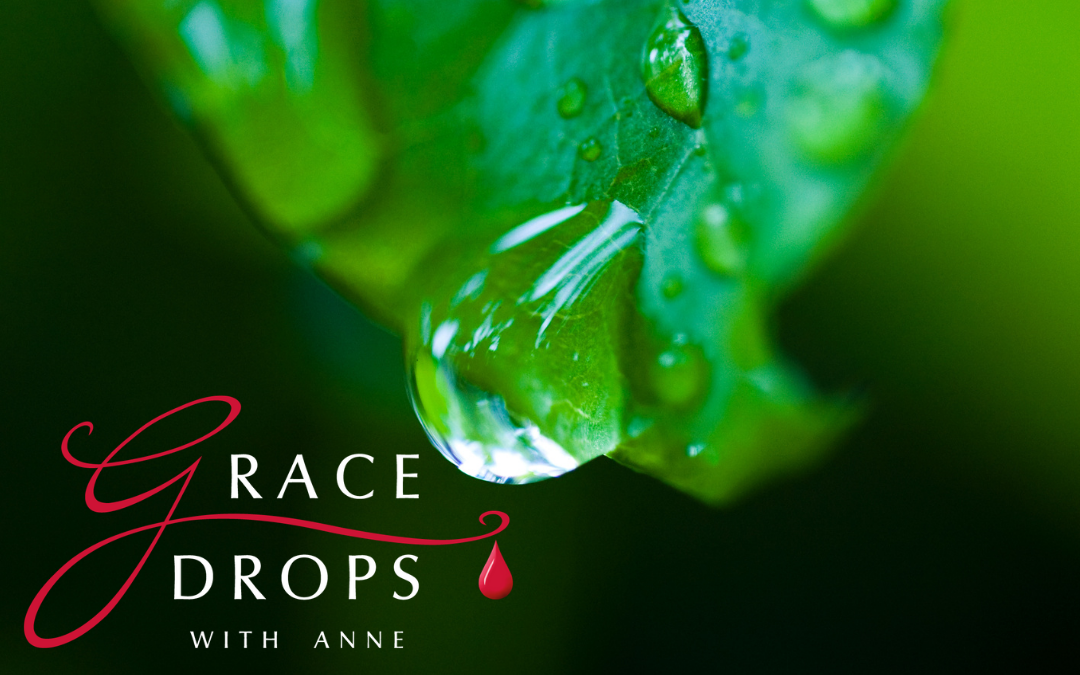What is a threshold?
The last step, the first step, the boundary, the frontier, the shoreline, the gateway, the door, the bridge—there are so many different ways to picture thresholds. Our ancestors considered such transitional places to be dangerous and fraught with risk.
In taming so much of our world, we’ve largely forgotten how perilous a threshold really is. Only a few places still remind us: think, for example, of the hazardous cross-currents of a river bar as it meets the ocean. Or picture in your mind’s eye the shadowy light at dusk and dawn, those times of day when it’s most dangerous to drive because, at those hours, animals are scurrying across the road from one feeding spot to another. Or, if you’re old enough, remember back to the days when so many aircraft pilots died trying to master the wild turbulence of the sound barrier as researchers looked for a way to cross from sub-sonic to supersonic speed. Or consider the pain and unpredictability of giving birth. All of these difficult transitions in the natural world testify to a spiritual reality: thresholds are intrinsically unsafe. They can never be taken for granted.
And because, deep down, we know this, many of us choke just as we reach the last step. We can’t cross the line into the new or out of the old—we want to but inexplicably we just can’t, and our own inability baffles us.
A colleague of mine went to a theme park and decided he was going to take on the challenge of the highest diving platform there. He climbed all the way up a mega-high tower to the — — second-last step. And there he froze. No matter what his brain said to his feet, they absolutely refused to move. His muscles rejected his self-talk that it was just another step. He couldn’t get his legs to obey his mind’s instructions. Eventually, because he simply couldn’t find any way to make it onto the top of the tower, he dived off the second-last step. ‘The difference,’ he said in telling his story, ‘between the final two steps was nothing compared to the height of the tower. I’ve never been able to understand why I was paralysed at that moment.’
But in plain fact he was simply sensing what his heart believed about thresholds. His heart was saying: don’t go there, just don’t go there. And it was so afraid of the consequences, it was overriding his mind.
In reality, a last step, like a first one, constitutes a threshold. It may not be a spiritual threshold but it’s a physical one. And the natural always clues us in to what’s happening in the spiritual. So often our hearts know what our minds fail to recognise: all thresholds are exceedingly dangerous. For many of us, our hearts are absolutely and totally convinced that spiritual thresholds are fatal. But God has devised specialised protection for us, so they don’t have to be.
Thank you to Lorna Skinner of www.riversofmusic.co.uk for the background music.


This is wonderful I love the audio with your voice ❤
Lovely, enlightening, but even more, gently penetrating….
Your voice is so gentle and loving. I felt love 💕 as you talked to me and taught me new ideas. Thank you.
You explain it so well, and I could listen to your voice and the music for hours. Could audible versions of your books be coming in the not so distant future?
Your writing is exquisite snd so enlightening. I now the thresholds in my own life, and many tragically failed attempts to cross. I’m eager to understand the revelations that you share. Thank you, Anne!
This is awesome. Much love, ma. Looking forward to more expositions.
Thanks for the journey
Threshold teaching is very timely for me. Thank you
Thank you Anne ❤❤❤